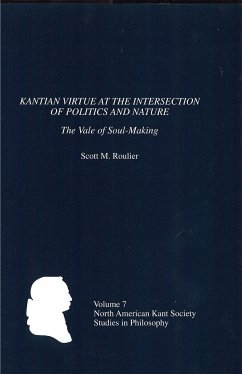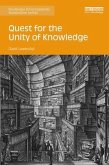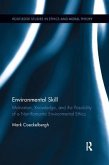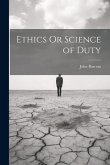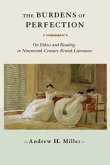In Kant's philosophy, virtue is defined as the moral strength or resolve to adopt obligatory ends and to act upon only those maxims that can apply equally to all. But how is virtue acquired? To answer this question, this project turns to Kant's moral anthropology, broadly conceived, in which he considers those "subjective conditions in human nature" that both facilitate and hinder the quest for virtue. Tailored to the specific constitution of human beings, then, are a number of moral-anthropological strategies for strengthening and promoting moral principles. Drawing on Kant's own discussions and the work of several contemporary interpreters this study identifies key approaches to character formation. The central concern of the project, however, is to investigate the roles Kant suggests the larger social-political and natural settings - that is, the dynamic and inspiring contexts of natural beauty, law and political discourse - play in the process of virtue acquisition. The story of politics' and nature's influence on virtue acquisition leads into intriguing and, given traditional understandings of Kant, unexpected territory. This study also takes up the question of I>
Hinweis: Dieser Artikel kann nur an eine deutsche Lieferadresse ausgeliefert werden.
Hinweis: Dieser Artikel kann nur an eine deutsche Lieferadresse ausgeliefert werden.

